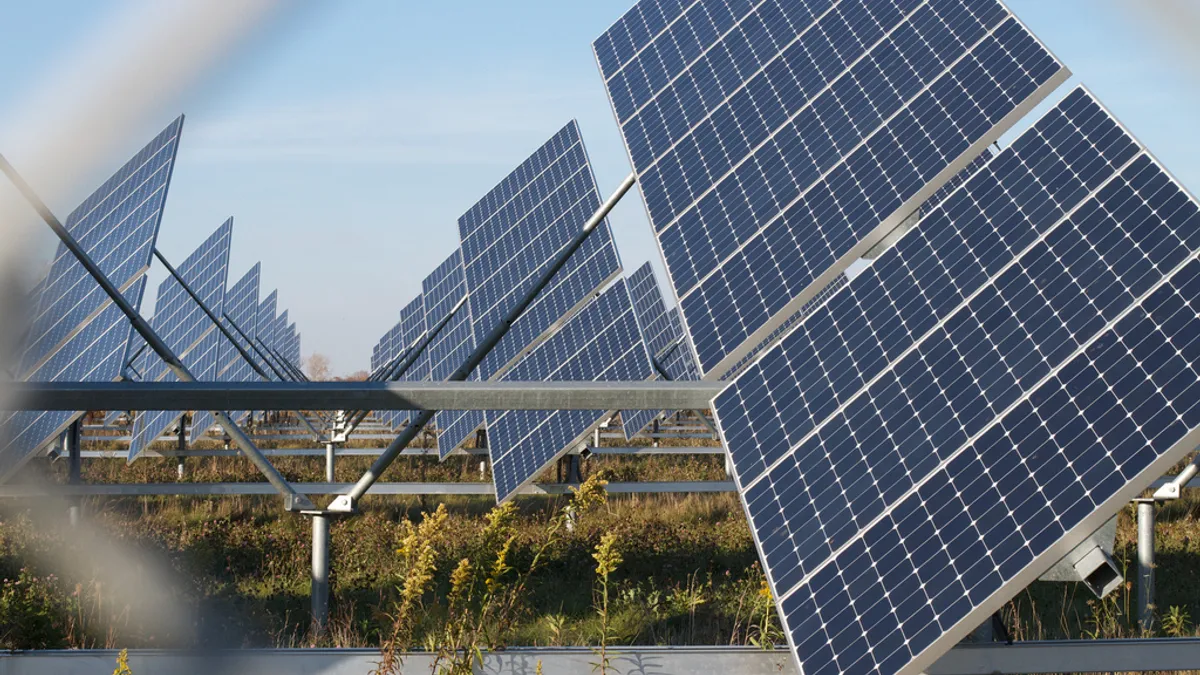Dive Brief:
- Maine currently has about 10 community solar farms under development, according to the Portland Press Herald, less than a year after the state's first project came online.
- Solar developer ReVision Energy, which is responsible for several other community gardens under development, brought the state's first facility online in 2014 at Sunnycroft Farm in South Paris Maine.
- State regulators have so far capped the number of customers of community solar farms at 10, but a push to lift those restrictions could further open development in the state.
Dive Insight:
Though Maine is largely a rural state, according to the co-founder of ReVision Energy the majority of the state's residents do not have access to a suitable location for solar panels. That makes community gardens — of which ReVision is a developer — a way residents can invest in and take advantage of solar power. But the state is also involved in debates over the number of customers who can be involved, and the rate at which they should be compensated, echoing arguments heard around the country.
“Even though we have a fairly rural and sparsely populated state, a majority of people live or work in buildings that don’t have great solar power opportunities,” ReVision's Fortunat Mueller told the Portland Press Herald.
ReVision was behind the first community garden to launch in Maine, where nine-owners at the Sunnycroft Farm split energy dividends from the 51-kW grid-tied solar electric array. In addition to the South Paris facility, ReVision has another facility operating in Edgecomb and another five under development.
Solar advocates are pushing legislators to allow more owners per community solar facility, a change which was left out of a bill calling for more study of net metering. The state is considering changes to its net metering rules, which utilities say overcompensate solar owners at the expense of other customers.
The state's Office of the Public Advocate earlier this summer backed a proposal that will offer solar developers at every market level an opportunity to opt out of net energy metering and instead give them a choice of a new plan that allows them to capture more value for their solar. Earlier this year the Maine Public Utilities Commission released analysis which valued solar power produced in the state at 33 cents per KWh — or more than twice what most residents pay for traditional power.















